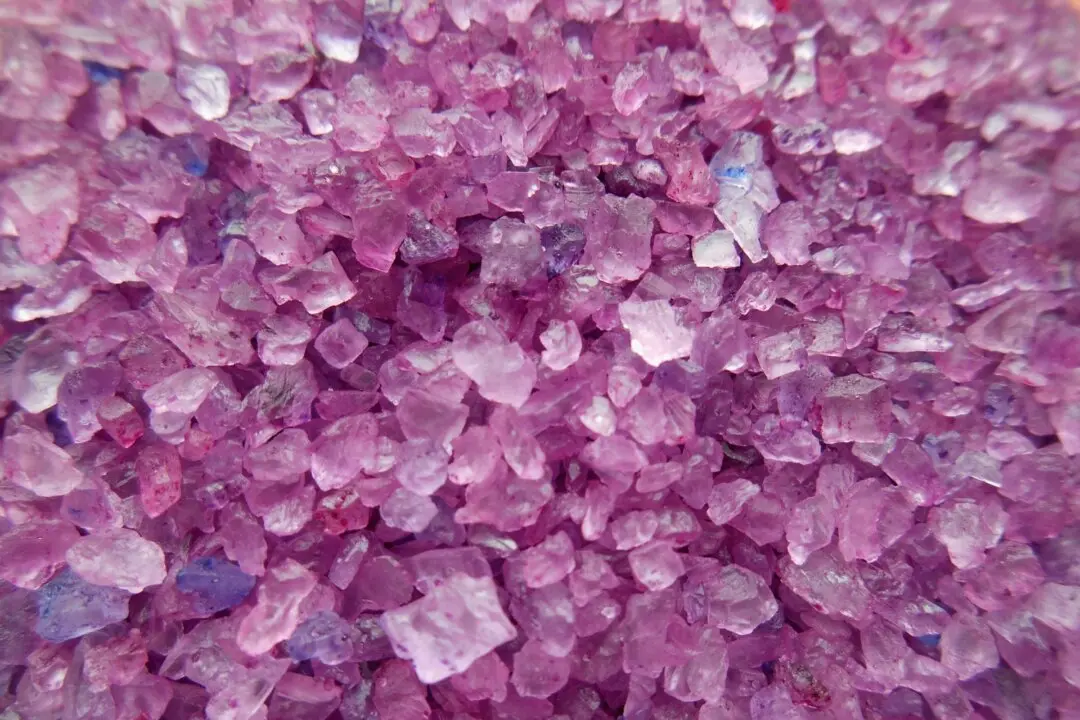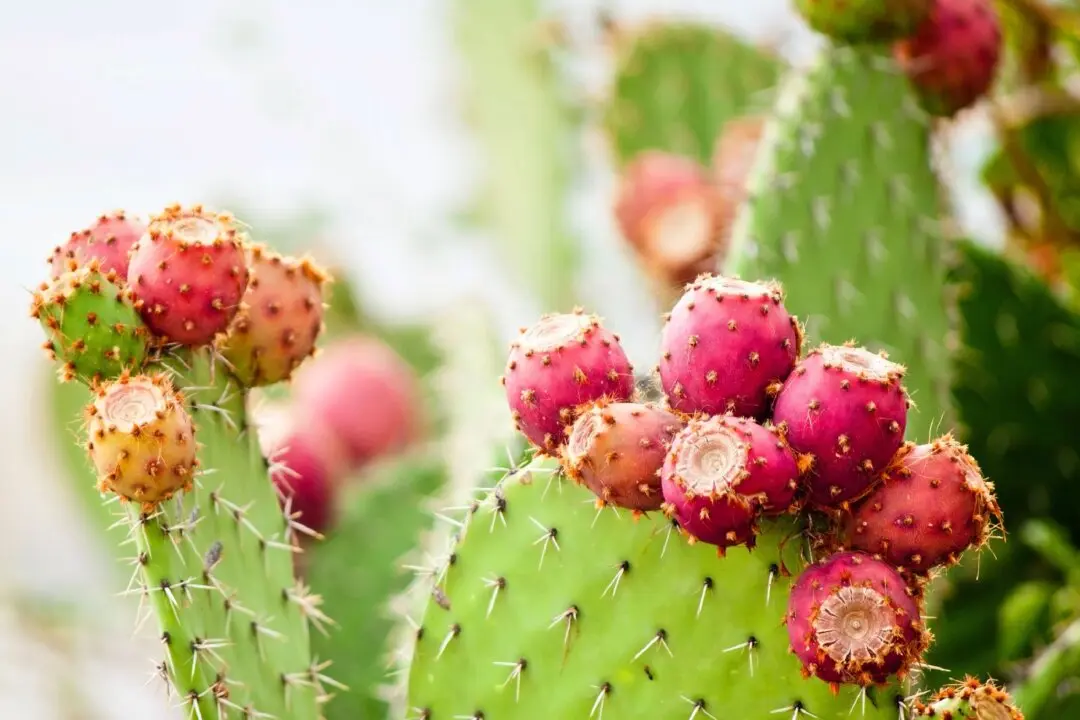Tropical fruits appear in markets each spring in much of the United States. Besides being refreshingly delicious, these foods have numerous bioactive compounds that help reduce inflammation, high blood pressure, and even one’s risk of developing cancer.
One of the strangest-looking among them is jackfruit (Artocarpus heterophyllus), which is available from March through August and can weigh as much as 100 pounds when mature, though the ones seen in stores typically fall somewhere in the range of 10 to 25 pounds. The fruit’s knobby green exterior hides a white sticky flesh filled with seed pits, each surrounded by a delicious yellow flesh.






